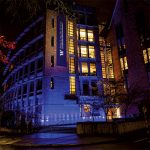computer science
September 2, 2023
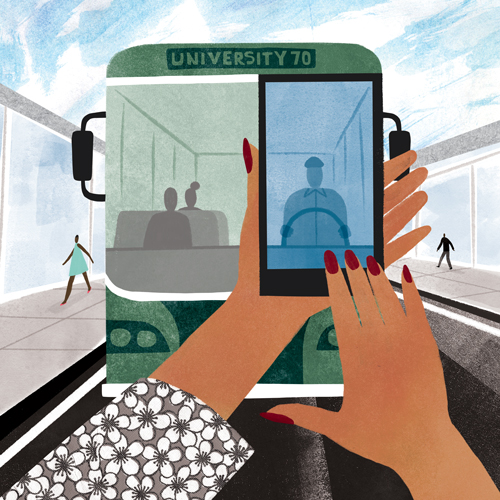
Cities at your fingertips
Two graduate students seeking a better transit experience invented an app that is used by millions across the U.S.
November 27, 2022
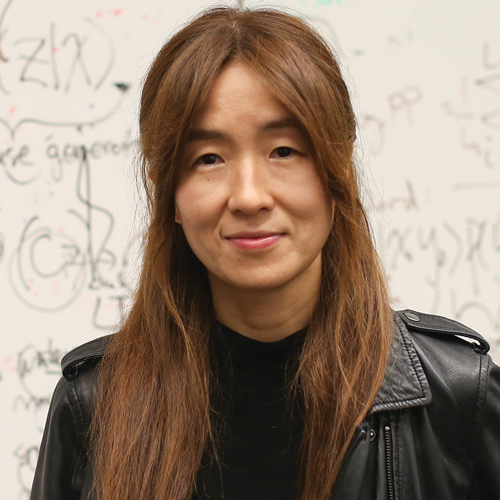
Genius at work
The MacArthur Foundation honors Yejin Choi, a professor who teaches human language to computers.
July 6, 2021

Seeing myself in a 125-year-old photograph
I'm a computer science major, but it was an art history class that shaped how I understand our complex and broken world, and also allowed me to better know myself as an Asian American.
March 3, 2021
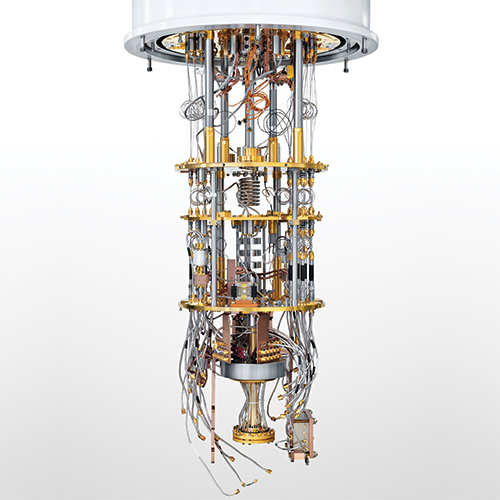
Quantum leap
UW scientists work toward a revolution in computing power, and consider the side effects it would cause.
March 30, 2020
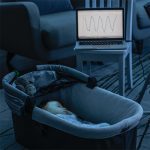
Eye on baby's breath
A UW team has used hardware similar to an Amazon Echo to create a smart speaker that detects the breathing motions of an infant’s chest.
March 12, 2020
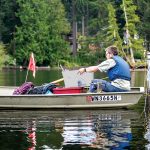
Fishing for arsenic
Researchers study the movement of water and heavy metals’ impact on aquatic life in lakes near Tacoma.
June 4, 2019
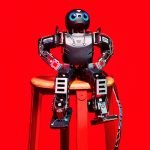
Inventing the future
The UW's Gates Center is a ‘new landmark’ for computer science and engineering.
March 1, 2019
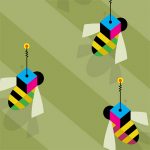
Busier bees
Using teeny, tiny batteries and sensors, insects provide a valuable eye in the sky for agriculture.
November 30, 2018
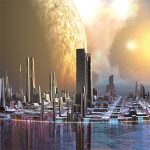
The sci-fi future is here
Science fiction has come alive in our modern world—from robots in our homes to the search for life across the universe.
June 27, 2017
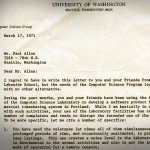
Welcome back, Paul Allen
Before he funded UW's computer science labs, Paul Allen got kicked out of them.
September 1, 2016
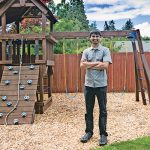
Introducing Shwetak Patel
He's one of the brightest thinkers you'll ever meet. Writer Julie Garner pays him a house call and confirms that, yes, he puts his inventions and gadgets to work, but she finds out a whole lot more.
December 1, 2015
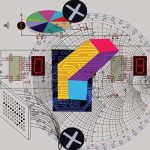
Tech that knows
A new wearable technology developed at the UW called MagnifiSense can detect what devices and vehicles the user interacts with.
March 1, 2015
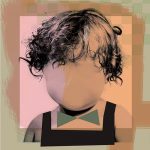
Baby face
It’s a game parents like to play: What will my child look like when she grows up? A computer could now answer the question in less than a minute.
December 1, 2014
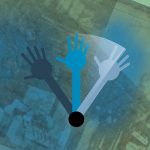
Phone training
Mobile phones have become second-nature for most people. What’s coming next, say UW researchers, is the ability to interact with our devices not just with touchscreens, but through gestures in the space around the phone.
September 1, 2014
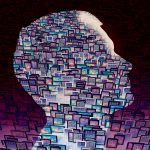
About everything
Computer scientists from the UW and the Allen Institute for Artificial Intelligence in Seattle have created the first fully automated computer program that teaches everything there is to know about any visual concept.
June 1, 2014
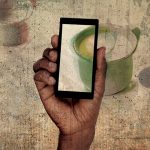
Mobile medicine
A collaboration between UW Computer Science and Engineering and PATH, a Seattle-area non-governmental organization, has led to a simple, ingenious solution to a dilemma facing women in Sub-Saharan Africa who wish to store breast milk. While medical care and safe water are not always available, most Africans today have smartphones.
March 1, 2014
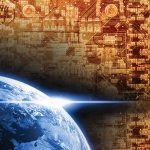
Got data. Now what?
At the UW, the best minds are collaborating to ask questions and harness the power of “Big Data” to find answers and seek solutions to advance the common good.
December 1, 2013

Healthy tech
Julie Kientz's sense of discovery spawned a career predicated on using technology to help others and improve their health.
September 1, 2013
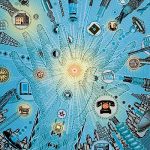
Wi-Fi lifestyle
Thanks to gesture-recognition technology developed by University of Washington computer scientists, you may soon be able to brew a pot of coffee, shut off your computer, and turn up the stereo with just a few waves of your hands.
